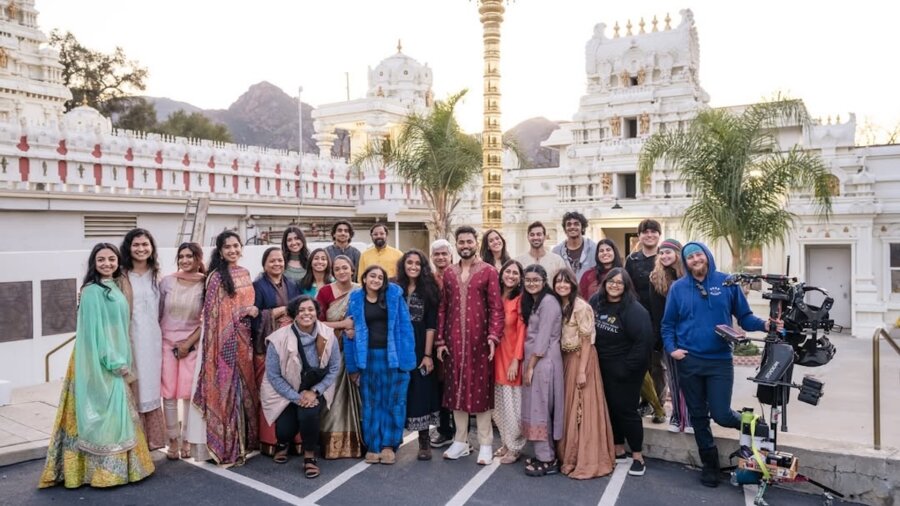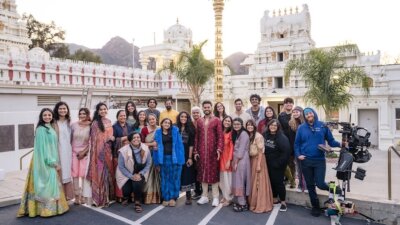Congressman Steny Hoyer, Allison Hampton, and JPMorgan Chase to be honored on July 24th in Washington, D.C.
Disability Belongs™ is proud to announce the recipients of its 2025 Disability Impact Awards. Founded in 2022, these annual awards honor individuals and organizations creating meaningful, lasting change for the disability community.
This year’s honorees are:
- Congressman Steny Hoyer, a key leader in the passage of the Americans with Disabilities Act (ADA), who will receive the Steve Bartlett Award.
- Allison Hampton, a Disability Belongs™ Leadership Program alumna and passionate disability justice advocate, who will receive the Ben Spangenberg and Justin Chappell Memorial Award.
- JPMorgan Chase, receiving the inaugural Disability Champion Award for demonstrating a sustained and meaningful commitment to advancing disability inclusion through partnership and allyship.
All three winners will be formally recognized at a ceremony in Washington, D.C., on Thursday, July 24, 2025. Recipients of the Bartlett and Spangenberg-Chappell awards will each receive a $1,000 honorarium in recognition of their outstanding contributions. [continue reading…]


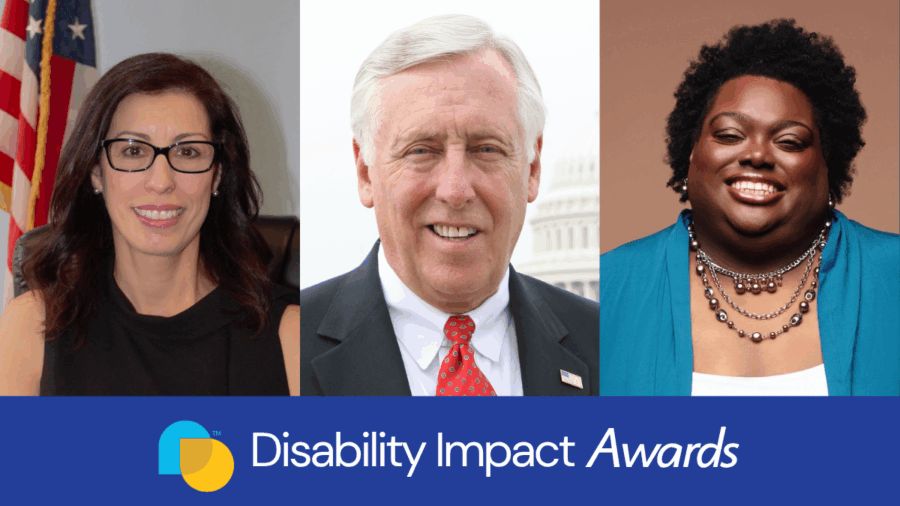
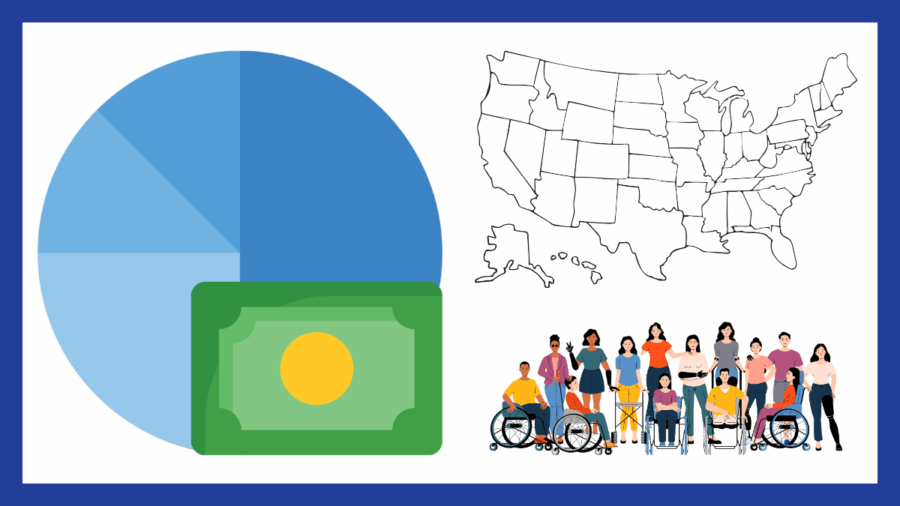
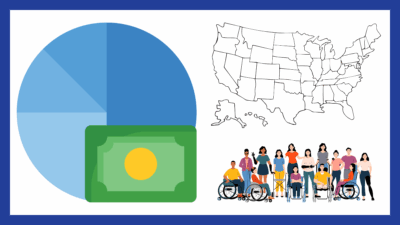 Congress is currently debating the 2025
Congress is currently debating the 2025 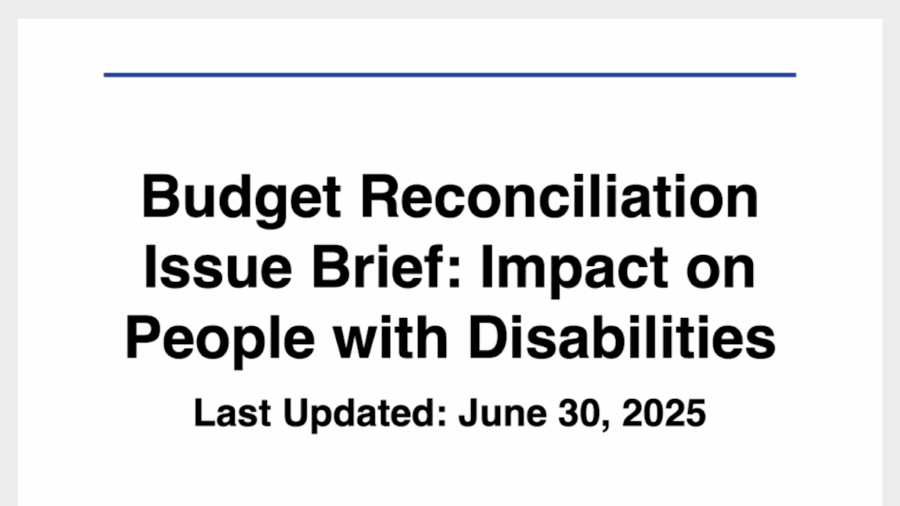
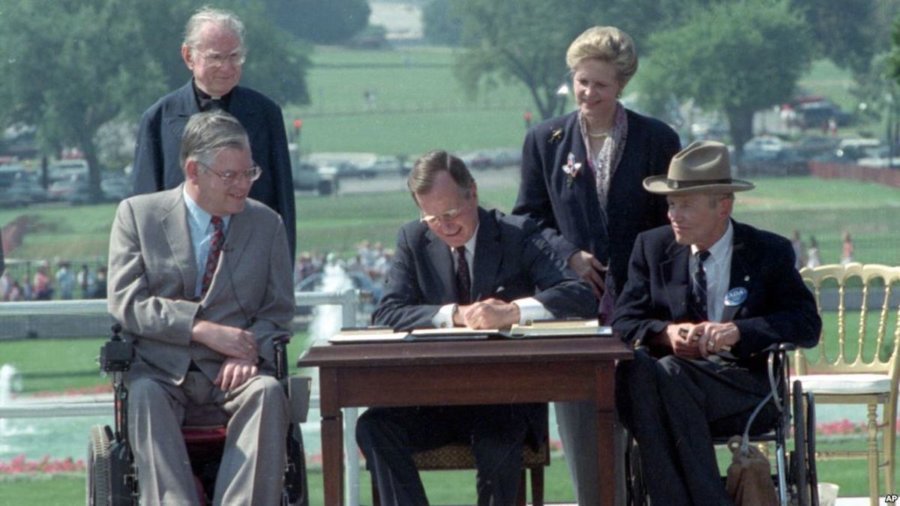


 The Bentonville Film Festival (BFF), taking place June 16-22, is highlighting several disability-inclusive films. Chaired by Academy Award winner Geena Davis, BFF champions women and diverse voices.
The Bentonville Film Festival (BFF), taking place June 16-22, is highlighting several disability-inclusive films. Chaired by Academy Award winner Geena Davis, BFF champions women and diverse voices.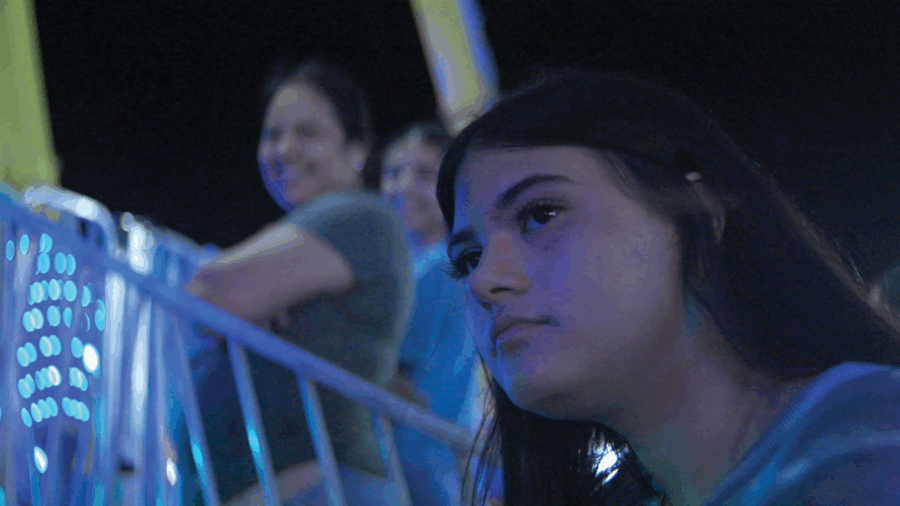
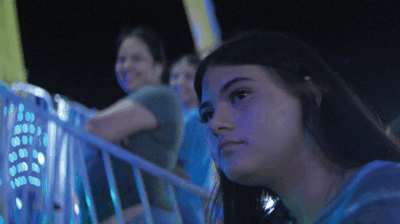
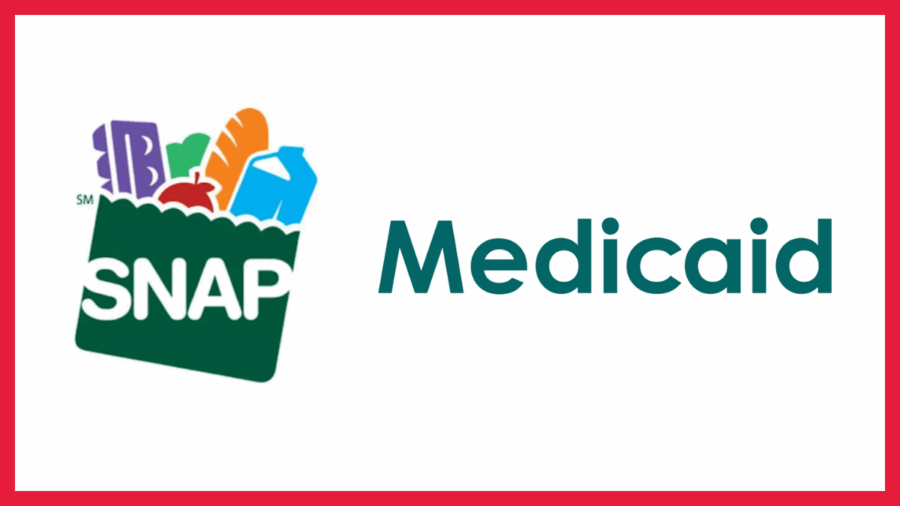
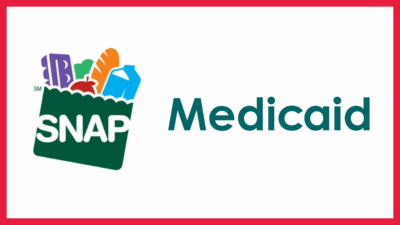 On behalf of Disability Belongs™, a diverse, nonpartisan, disability-led nonprofit that drives cultural and policy change, we express deep concern about proposed federal budget cuts to essential programs that millions of Americans rely on—especially people with disabilities, older adults, and underserved communities.
On behalf of Disability Belongs™, a diverse, nonpartisan, disability-led nonprofit that drives cultural and policy change, we express deep concern about proposed federal budget cuts to essential programs that millions of Americans rely on—especially people with disabilities, older adults, and underserved communities.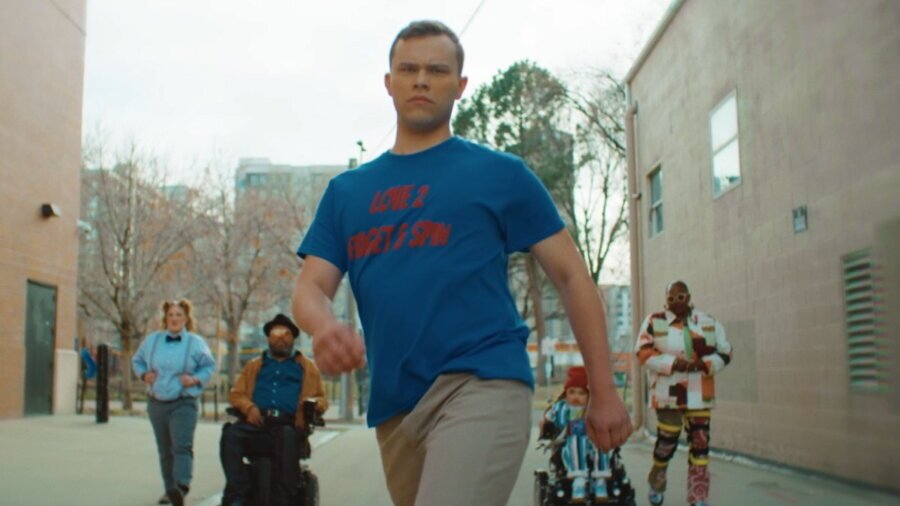
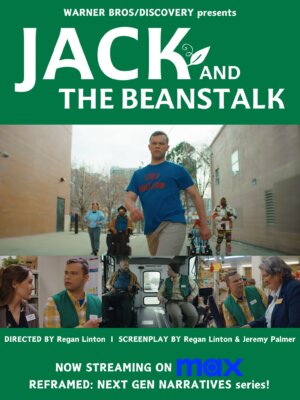 Viewers may think they know the story of Jack and the Beanstalk. However, writer/director Regan Linton has reimagined this classic tale in a new short film as part of Warner Bros. Discovery’s Reframed: Next Gen Narratives program. In this series, six filmmakers adapted classic movies through a contemporary lens, tackling modern-day issues surrounding identity.
Viewers may think they know the story of Jack and the Beanstalk. However, writer/director Regan Linton has reimagined this classic tale in a new short film as part of Warner Bros. Discovery’s Reframed: Next Gen Narratives program. In this series, six filmmakers adapted classic movies through a contemporary lens, tackling modern-day issues surrounding identity.